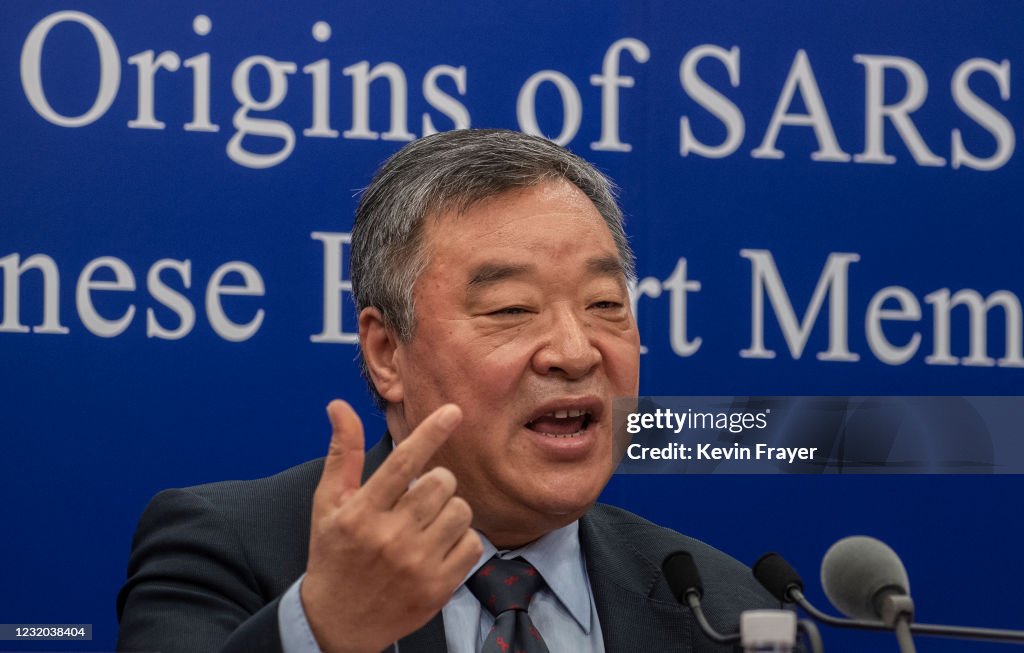Harvey Weinstein Rape Conviction Overturned
In a 4-3 decision, the New York Court of Appeals, the state's highest court, voted to overturn Harvey Weinstein's 2020 rape conviction....
Politics
UK PM Promises to Boost UK Defence Spending to 2.5% by 2030
Prime Minister Rishi Sunak has announced that the UK will increase its defense spending to 2.5% of gross domestic product (GDP) by 2030, up from a 2023 rate of 2.07%.
Science & technology
Meta Stock Plunges Amid AI Spending Plan
Tech platform Meta's shares dropped nearly 19% Wednesday — wiping out around $200B in market value — after it increased its 2024 cost forecast to $35 -40B because of its ventures into artificial intelligence (AI) and its metaverse....
Environment & Energy
Sunak Announces Major Initiative for Nuclear Energy, Submarines
UK Prime Minister Rishi Sunak has declared a "national endeavour" for a £763M (US$964M) investment in nuclear energy by 2030, including over £200M ($252M) to secure Barrow as the site for the UK's nuclear submarine building.
Health
Fauci to Testify Before Congress Again
Former head of the US National Institute of Allergy and Infectious Diseases (NIAID) Anthony Fauci is slated to testify again before the House Select Subcommittee on the Coronavirus Pandemic on June 3....
Money
UK PM Promises to Boost UK Defence Spending to 2.5% by 2030
Prime Minister Rishi Sunak has announced that the UK will increase its defense spending to 2.5% of gross domestic product (GDP) by 2030, up from a 2023 rate of 2.07%.
Crime & justice
Harvey Weinstein Rape Conviction Overturned
In a 4-3 decision, the New York Court of Appeals, the state's highest court, voted to overturn Harvey Weinstein's 2020 rape conviction....
Culture
Mattel Announces New, More 'Inclusive' Scrabble
Toy and game manufacturer Mattel announced it will launch a more 'inclusive' and 'collaborative' version of Scrabble, marking the biggest change in the 75-year history of the board game....
Sports
NBA Ban Raptors' Jontay Porter for Gambling Scandal
The National Basketball Association (NBA) banned Toronto Raptors forward Jontay Porter for life on Wednesday after determining that he disclosed confidential information to sports bettors and bet on games — going as far as to bet against his own team....











































